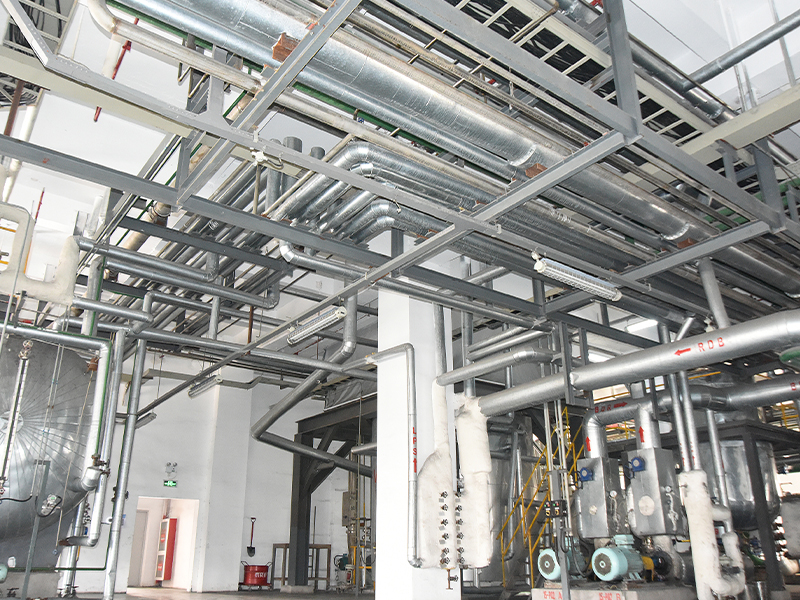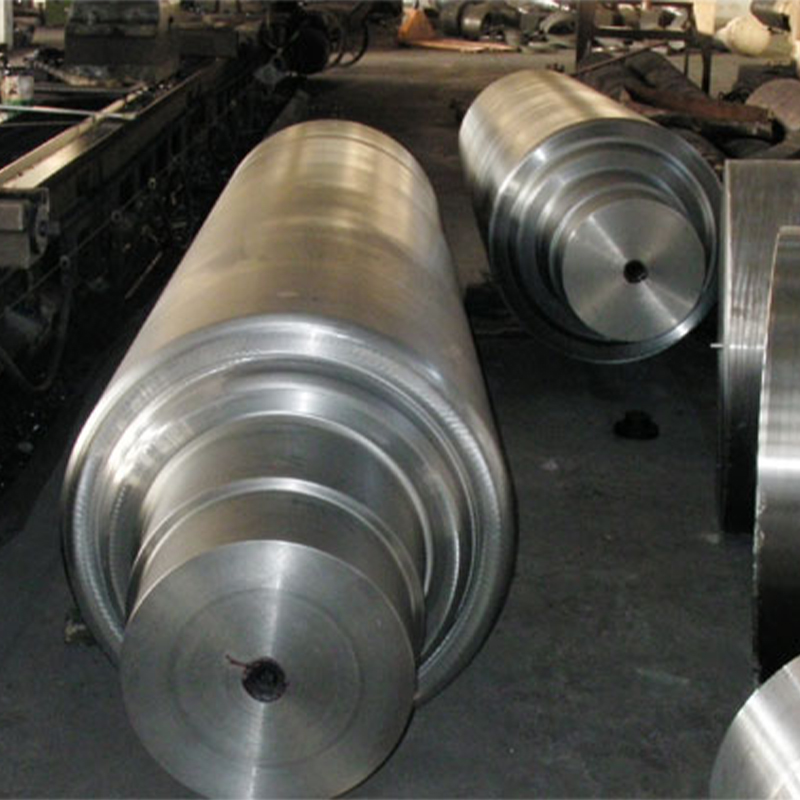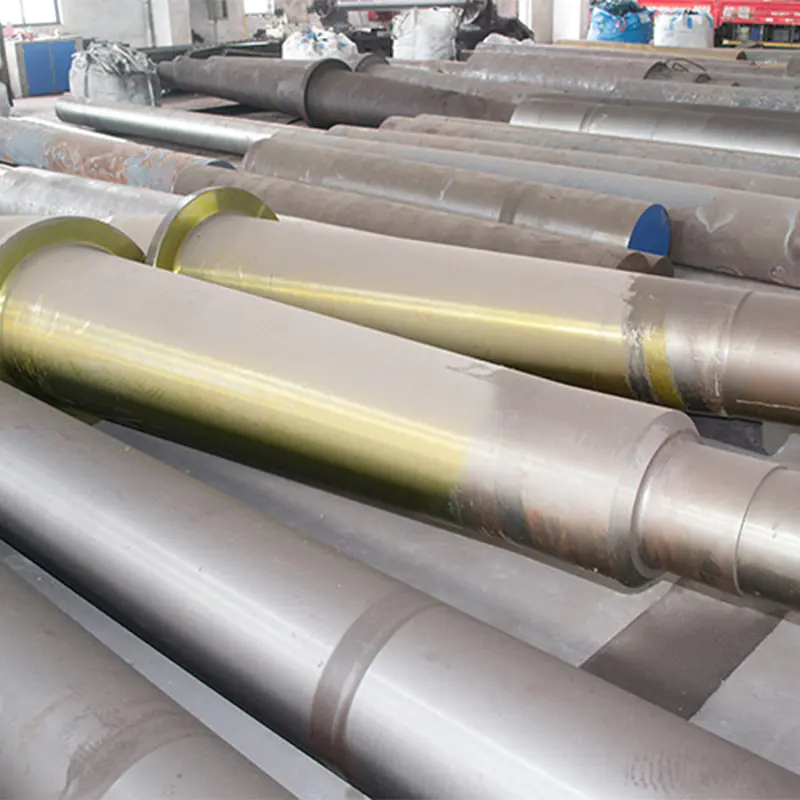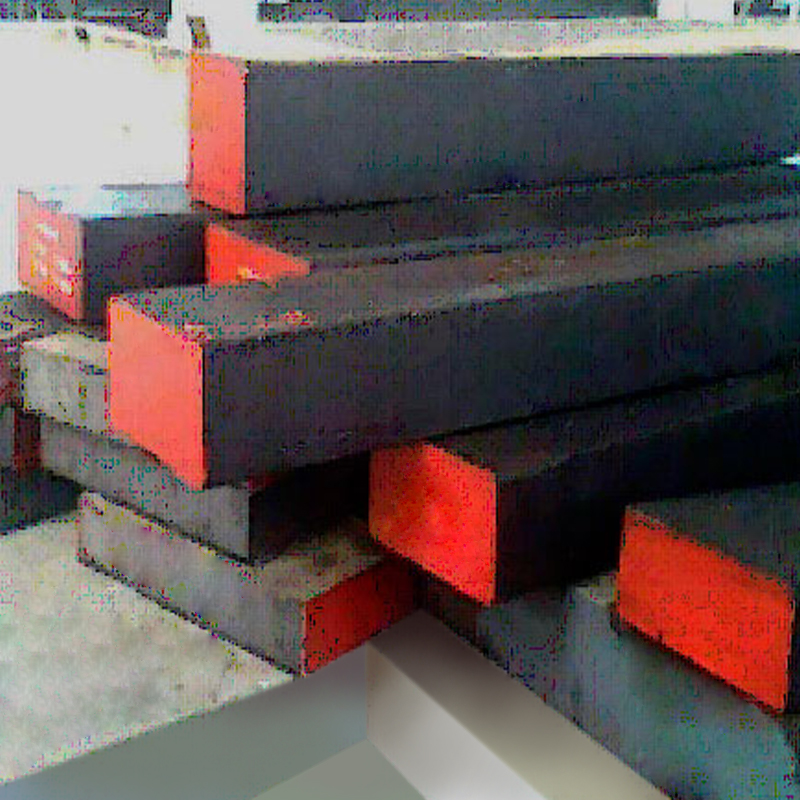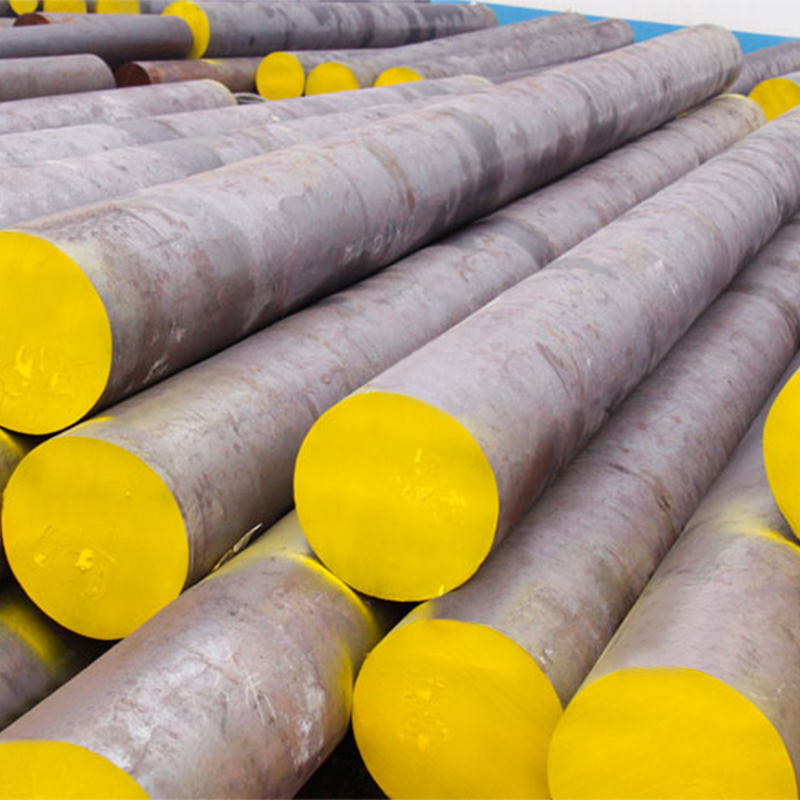
Corrosion Resistance: The surface finish plays a pivotal role in enhancing the corrosion resistance of forged alloy round bars. A smooth, well-polished surface minimizes the potential for localized corrosion by reducing the number of microscopic crevices and pits where corrosive agents can collect. In environments prone to chemical exposure or moisture, such as marine or chemical processing applications, a high-quality surface finish is essential for prolonging the life of the material. Conversely, a rough or uneven surface can create weak points where corrosion can initiate and propagate more rapidly, compromising the structural integrity of the bar.
Fatigue Strength: The fatigue strength of a forged alloy round bar is critically influenced by its surface finish. Surface irregularities, such as scratches, pits, or roughness, can serve as stress concentrators that significantly reduce the bar’s ability to withstand cyclic loading. In applications subjected to repeated loading and unloading, such as in rotating machinery or structural components, a finer surface finish mitigates the risk of fatigue cracks and extends the operational lifespan of the bar. A carefully controlled surface finish ensures that stress is more evenly distributed, enhancing the overall fatigue resistance.
Friction and Wear: The frictional characteristics and wear resistance of a forged alloy round bar are directly affected by its surface finish. A smoother surface reduces frictional resistance, which is crucial in applications involving dynamic contact between moving parts. This reduction in friction not only improves operational efficiency but also decreases the rate of wear on both the bar and associated components. For applications in bearings, shafts, or other high-friction environments, achieving an optimal surface finish can lead to enhanced performance and reduced maintenance requirements.
Aesthetic and Precision Requirements: For applications where visual appeal or precise dimensional accuracy is paramount, the surface finish of the forged alloy round bar must meet stringent standards. A high-quality surface finish ensures a visually appealing product free from defects, which is essential for architectural elements, consumer goods, and high-end machinery. In precision engineering applications, such as aerospace or high-precision tooling, the surface finish must adhere to exacting tolerances to ensure proper fit, function, and reliability. Any deviations from the desired surface finish can affect the bar's performance and its integration with other components.
Coating and Plating: The surface finish of the bar affects the adhesion and uniformity of protective or decorative coatings. A smooth, clean surface is ideal for achieving a uniform application of coatings such as paint, electroplating, or thermal spray. Poor surface preparation, characterized by roughness or contamination, can lead to inconsistent coating thickness, reduced adhesion, and compromised protection. For applications requiring additional surface treatments, such as anti-corrosion coatings or aesthetic finishes, ensuring the correct surface finish is critical for achieving the desired results.
Heat Treatment Response: The surface finish can influence how a forged alloy round bar responds to subsequent heat treatments. Surface contaminants or oxidation, which are more likely on rough surfaces, can interfere with heat treatment processes like hardening or annealing. These contaminants can lead to uneven heating or cooling, resulting in inconsistent material properties. A well-prepared surface finish ensures that heat treatments are applied uniformly, leading to predictable and desired changes in mechanical properties, such as increased hardness or improved ductility.
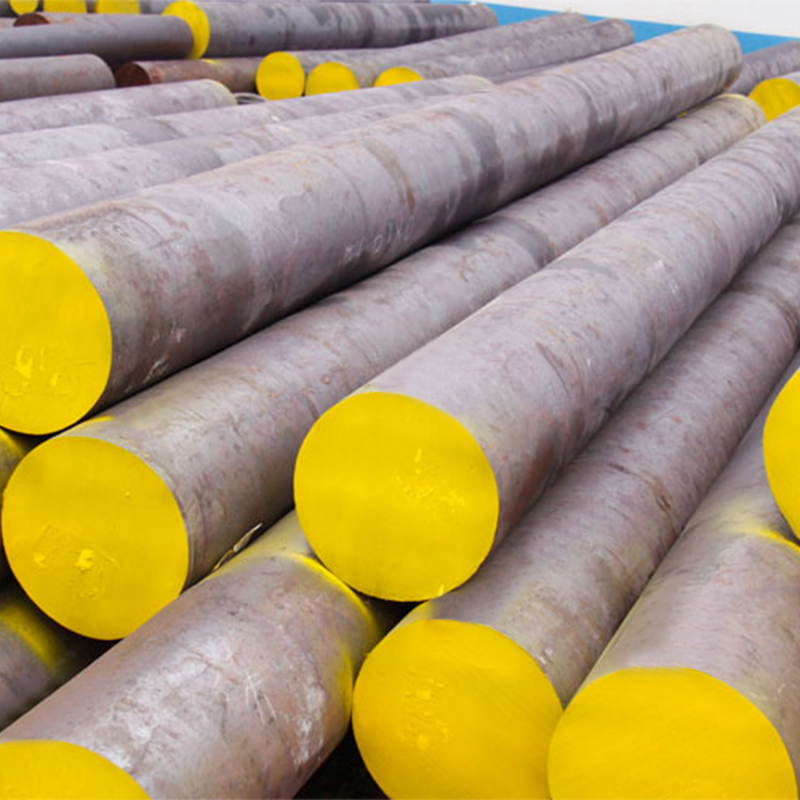



 English
English русский
русский Español
Español عربى
عربى
